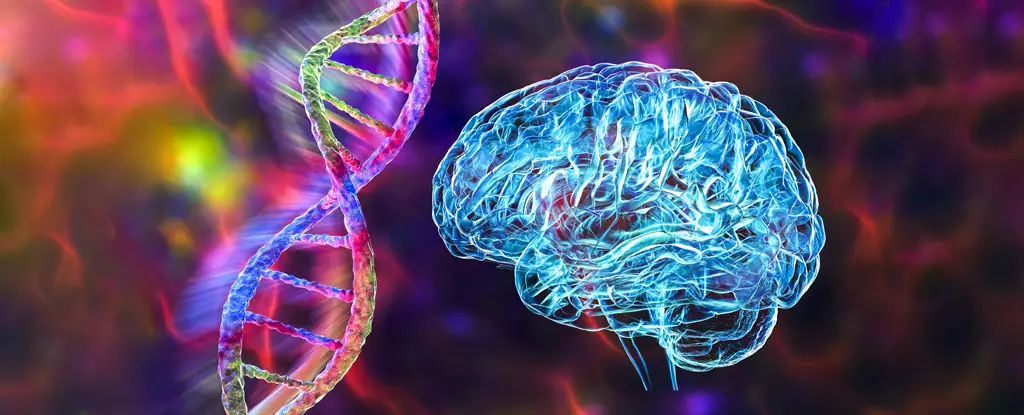Recent advancements in psychiatric genetics have stirred excitement in the scientific community, particularly with findings suggesting a shared genetic foundation among eight distinct psychiatric conditions. A comprehensive study has unveiled how certain genetic variants are not only linked across these conditions but also maintain an active role throughout various stages of brain development. Such insights indicate potential pathways for targeted treatments, which could revolutionize approaches to mental health disorders.
The Scope of Psychiatric Disorders Studied
The psychiatric conditions under scrutiny include autism, ADHD, schizophrenia, bipolar disorder, major depressive disorder, Tourette syndrome, obsessive-compulsive disorder, and anorexia. A notable 2019 meta-analysis identified 109 genetic links that evidenced combinations corresponding to these disorders. This overlap in genetic markers may elucidate why numerous individuals displaying traits of one condition often manifest symptoms of another, particularly in familial settings. For instance, the significant co-occurrence of autism and ADHD, with reports estimating about 70% of individuals affected by one also struggle with the other, suggests a robust genetic interplay.
The focus on unique versus shared genetic variants further enriches our comprehension of these complex disorders. While each condition possesses its distinct genetic markers, the common threads weave a rich tapestry of genetic interplay. Researchers examined nearly 18,000 genetic variations related to both shared and unique gene sets, investigating their influence on gene expression in precursor cells destined to become neurons during human development. This methodology culminated in the identification of 683 genetic variants that played a critical role in gene regulation.
Central to these findings is the concept of pleiotropy, wherein a single genetic variant influences multiple seemingly unrelated traits or conditions. The study highlighted that pleiotropic variants instigated a greater array of protein-to-protein interactions compared to gene variants unique to specific disorders. This broad spectrum of activity across various types of brain cells positions pleiotropic variants as significant players in the underlying mechanisms of psychiatric conditions. Moreover, their involvement in regulatory pathways impacting several stages of brain development provides a plausible explanation for the observed genetic correlations and symptom overlap among the disorders.
Implications for Future Research and Treatment
The insights gained from this research carry profound implications for the future of psychiatric treatment and classification. Traditionally, pleiotropy posed a challenge by complicating the classification of psychiatric disorders. However, a deeper understanding of these shared genetic variants could facilitate the development of therapeutic targets that address multiple conditions simultaneously. By directing research efforts towards these pivotal genetic markers, scientists and clinicians alike may foster innovative treatment strategies that hold promise for improving mental health outcomes on a broader scale.
As researchers delve further into the genetic underpinnings of psychiatric disorders, the identification of shared variants offers hope for more integrated and effective treatment approaches, ultimately benefiting countless individuals affected by these complex conditions.


Leave a Reply